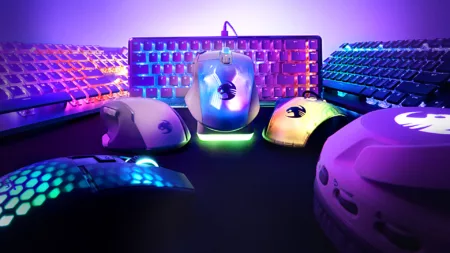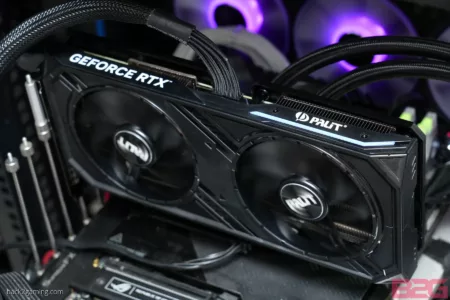Smart contracts are an essential component of many blockchain-based ecosystems, especially when these apps are on the Ethereum blockchain. While smart contracts are more associated with finance, Web3 gaming decentralized applications (dApps) also make use of them.
What is Web3 Gaming?
Web3 gaming is a game that exists on the blockchain. These games primarily use non-fungible tokens (NFTs) to finish tasks, such as fighting monsters or combining/breeding monsters.
Blockchain gaming opens up new territory for developers looking to move away from the centralized gaming industry. Companies like Upptic specialize in Web3 games growth marketing and can help promote upcoming releases. Both work together to revolutionize the industry.
But Web3 gaming’s whole modus operandi is to create pay-to-earn interactive games. At its core, these games are a source of entertainment as well as an avenue to earn cryptocurrency. Smart contracts help protect the assets stored on Web3 games and your crypto wallet.
How are Smart Contracts Used in Gaming?
Interactions on the blockchain are more secure than over the internet, making it the perfect place to exchange assets. Here’s how smart contracts help solidify transactions on Web3 apps.
Smart Contracts Create Rare In-Game Assets
Many gamers will hold on to rare digital collectibles for clout or to sell at a later date. However, smart contracts can actually produce rarer NFTs, which attract a higher price. CryptoKitties Web3 gaming smart contracts create rare breeds of kittens that players can use, trade, or sell.
Smart Contracts Secure Asset Exchanges
The blockchain is widely used to make confidential transactions, but you need a smart contract to keep your wallet and assets secure. If players secure their keys, their transactions are safe as long as they take a disciplined approach to computer security (i.e., avoid phishing scams).
Smart Contracts Secure Gaming Networks
Developers deserve a safe space to code, but a centralized platform leaves devs open to hackers. Thanks to smart contracts, hackers can’t destroy a decentralized blockchain network because there isn’t one to damage. This makes DOS attacks virtually impossible to stage.
Smart Contracts Project Value on Assets
If you build a fun, interactive, and user-friendly Web3 game, you’ll have no problem building a large pool of assets that are actually worth something. Through smart contracts, you can make NFTs that players are more than willing to pay for, whether it’s because of their looks or stats.
Smart Contracts Store In-Game Assets
In a centralized gaming space, players will lose access to their in-game assets if their account gets banned. On the blockchain, all assets are stored in a player’s wallet. Since they’re backed by a smart contract, users own their assets permanently, even when the game shuts down.
Smart Contracts Allow for Collaboration
The Web3 gaming environment is changing the industry by enabling open communication between developers and players. This is possible because dApps are driven by community consensus. If the player base has an idea, it won’t play out unless everyone agrees.
Smart Contracts Put the Player in Control
Video game servers shut down all the time in a centralized space, but that’s much harder to do in a decentralized space. That’s because players own the assets that make up the game, making them partial owners. If the community still wants to play the game, it’ll keep operating.
Smart Contracts Can Prevent Fraud
Properly coded smart contracts can prevent fraud because there isn’t any evidence of bugs. But when it does happen, the transparency of blockchain can prevent further damage and make it easier to refund the stolen money. This can make the blockchain more secure than major banks.





